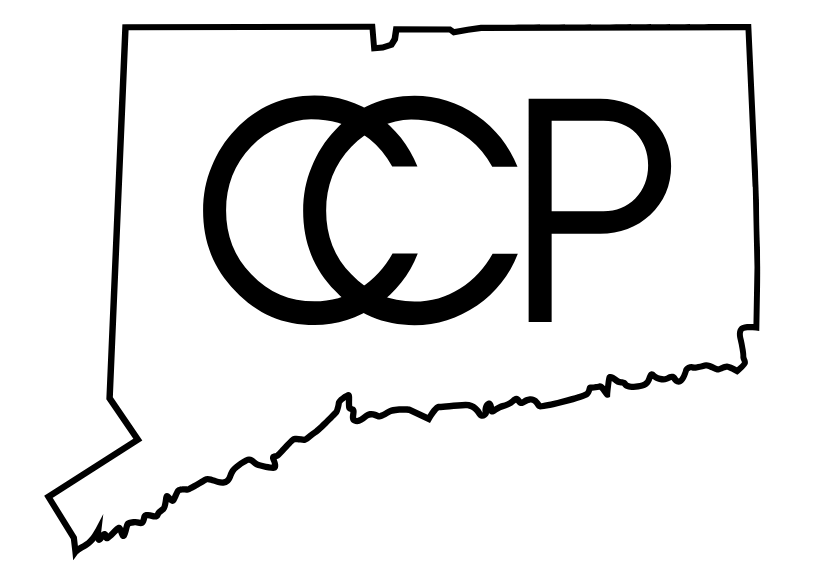This decision reinforces the City’s claim that Casati had violated the federal consent order. As Judge Berger writes, Cintron “directs the officers of the Hartford police department to avoid the use of derogatory terms, regardless of whether an officer intends a particular term to have a derogatory connotation.”85 Berger’s decision rejects Murphy’s claim that Casati’s language was merely a harmless consequence of the harsh life of a police officer. This decision further supports the validity of the plaintiffs’ foremost claim in the 1969 class action lawsuit: “a. Committing acts that have no purpose or justification other than to humiliate or degrade members of plaintiffs’ class.”86 From the authority of a courtroom, Berger affirms the experience of the plaintiffs who insisted that not only in instances of physical violence but when law enforcement officers employ derogatory and humiliating language, such can equally have harmful effects.
This wave of activity under the consent decree, incited two years prior, is facilitated by the Cintron Negotiating Committee, co-lead by Carmen Rodriguez and Nick Carbone. Rodriguez, the director of La Casa de Puerto Rico, was one of the public figures who spearheaded the turn to Cintron after Salmon’s shooting. Nick Carbone had been a major force within Hartford’s City Council in the 1970s, serving as deputy mayor for several years, and remained widely active in progressive politics for decades. Other members of the Cintron Negotiating Committee include Russell Williams and Ramon Arroyo. The committee met regularly with Attorney Schulman, police officials, and other involved parties for the next decade.
Notes
84. Memorandum of Decision Re Application to Vacate Arbitration Award at 14164, City of Hartford v. Casati, 2001
Ct. Sup. 14163 (Conn. Super. Ct. 2001). CaseText
85. Ibid.
86.Complaint at 7, Cintron, et al v. Vaughn, et al, 3:69-cv-13578-KAD (D. Conn. December 8, 1969).

